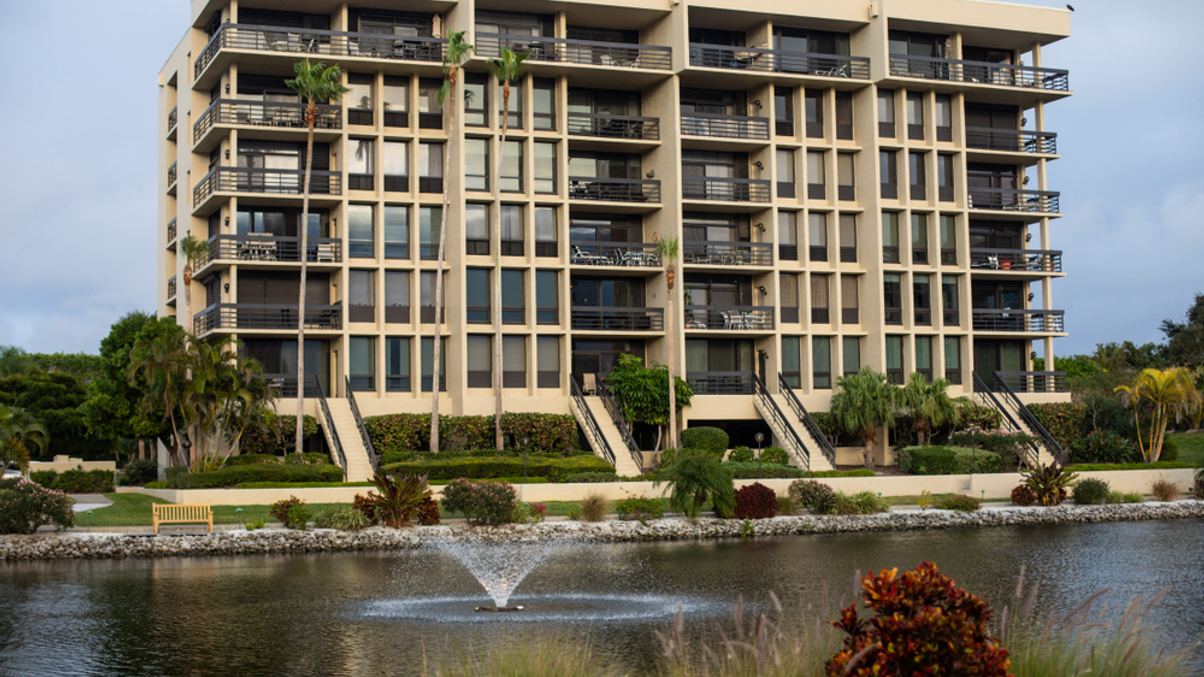Developed niche sectors in US property draw Asia Pacific asset owners
The ease of direct investments into property firms and the availability of niche sectors in the US have drawn asset owners such as Australia’s Aware Super and Korea’s Poba.

Asset owners in Asia Pacific are looking to increase their allocations in US property, particularly in niche sectors such as multi-family, retirement and affordable housing, which remain nascent in Asia.
Sign in to read on!
Registered users get 2 free articles in 30 days.
Subscribers have full unlimited access to AsianInvestor
Not signed up? New users get 2 free articles per month, plus a 7-day unlimited free trial.
¬ Haymarket Media Limited. All rights reserved.


